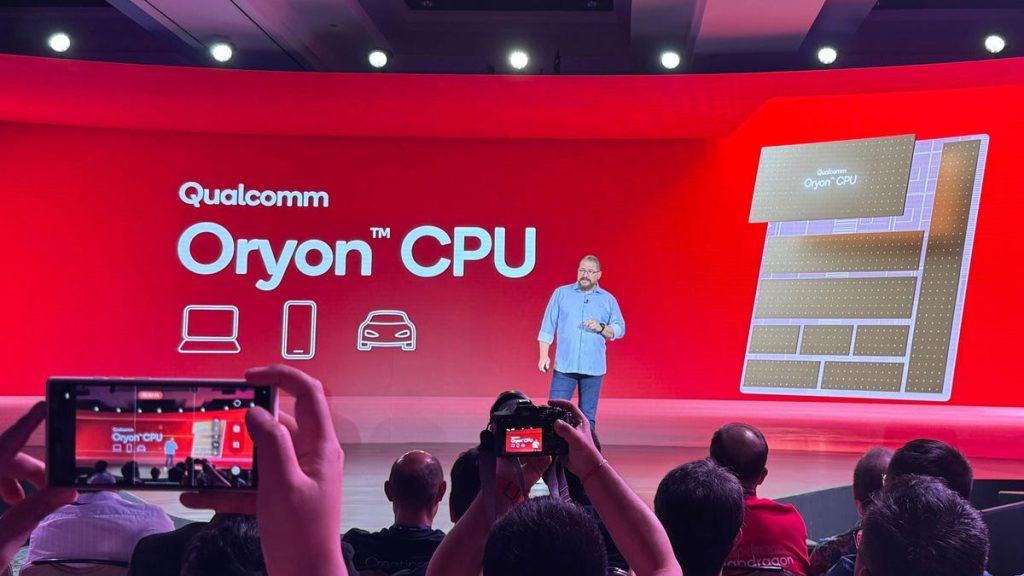Arm has reportedly canceled a license granted to Qualcomm to design chips based on its chip technology. The cancellation came after Arm gave Qualcomm a 60-day notice as required by law. This license allowed Qualcomm to design its own silicon based on Arm chip standards. The report of this cancellation coincided with Qualcomm’s announcement of new mobile and automotive chips at its annual Snapdragon Summit in Hawaii. These chips introduced new generative AI capabilities for phones, including models from Xiaomi and Asus, as well as AI-supporting automotive chips for vehicles from Mercedes-Benz and Li Auto. Although Qualcomm did not confirm if these chips were designed based on Arm standards, the company pushed back on Arm’s cancellation, describing it as an attempt to disrupt the legal process and increase royalty rates.
Qualcomm defended its position in a statement, claiming that Arm’s threats were unfounded and designed to exert pressure on the company. Qualcomm accused Arm of trying to interfere with its performance-leading CPUs and increase royalty rates despite having broad rights under its architecture license agreement. The statement expressed confidence that Qualcomm’s rights under the agreement with Arm would be affirmed and stated that Arm’s alleged anticompetitive conduct would not be tolerated. The cancellation of the license comes at a crucial time for both companies as they navigate legal proceedings, with a trial scheduled for December. Qualcomm’s response suggests that it views Arm’s actions as attempts to disrupt the legal process and gain leverage in negotiations.
The clash between Arm and Qualcomm highlights the complexities of the semiconductor industry, where companies often rely on partnerships and licensing agreements to leverage each other’s technology. This cancellation underscores the potentially contentious nature of such relationships, with disputes over royalty rates, intellectual property rights, and competitive positioning. Qualcomm’s defiance in the face of Arm’s cancellation indicates that the company is prepared to defend its position and challenge Arm’s actions in a legal setting. The outcome of this dispute could have implications for the broader semiconductor industry and the dynamics of the partnership ecosystem that underpins technological innovation.
The impact of Arm’s decision to cancel Qualcomm’s license on the development of future chips remains uncertain. Qualcomm’s ability to design chips based on Arm technology could be hindered by the cancellation, potentially affecting its product roadmap and competitive positioning in the market. Conversely, the dispute may lead to a reevaluation of the relationship between the two companies and the terms of their licensing agreement. The outcome of the legal proceedings in December will likely play a significant role in determining the future course of action for both Arm and Qualcomm. As competition in the semiconductor industry intensifies and technological advancements drive innovation, the resolution of this dispute could shape the landscape for future collaborations and partnerships in the sector.
In the wake of Arm’s cancellation of Qualcomm’s license, the semiconductor industry faces a period of uncertainty and potential disruption. The actions of both companies in response to this development will be closely watched by industry observers and stakeholders. The legal proceedings scheduled for December will provide further clarity on the nature and extent of the dispute between Arm and Qualcomm. The outcome of these proceedings could have lasting implications for the future of chip design and technology development, as well as the broader ecosystem of partnerships and collaborations within the semiconductor industry. As the industry continues to evolve and innovate, the resolution of this dispute will be a key factor in shaping the trajectory of technological advancements and competitive dynamics in the sector.



